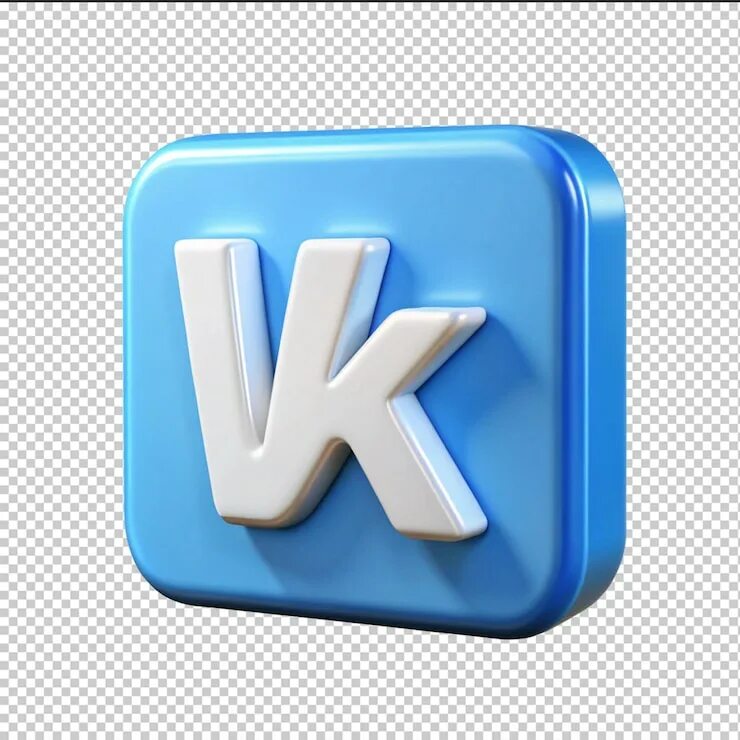1. Does the attorney handle his/her own litigation cases?
If an attorney is truly going to “fight hard for you,” then it is implied that the attorney will litigate your case when necessary, which means take your case to arbitration and/or trial. A case may need to be litigated for a variety of reasons, such as a dispute in who is at fault for your injury; was your injury caused by the subject incident or was it pre-existing; was your treatment reasonable or excessive, etc. Arizona has a statute of limitations (usually two years subject to exceptions) by which one must have resolved their claim or file suit to protect pursuing it further. So sometimes, a lawsuit must be filed because the injured person is still treating or just recently completed treatment and there wasn’t enough time to settle before the applicable statute ran.
Believe it or not, many personal injury attorneys, especially those that advertise, do not litigate their own cases. If they cannot “settle” your claim, they associate with another attorney or firm to litigate your claim. That “litigating” attorney may well fight hard for you, but that is not really who you hired.*
Attorneys that don’t litigate their own cases are not necessarily in tune with the latest litigation strategies, techniques, and/or jury trends. As such, they might not “work up” a case as aggressively as an attorney who understands from the outset that a case could end up in litigation for so many reasons that it is important to work up every cases as though it might well end up in litigation.
2. What is the attorney’s litigation experience?
Along the lines of the first question, how much litigation experience does the attorney have? Some attorneys may handle their own arbitrations, but not jury trials. Arizona mandates arbitration for those cases worth less than $50,000; reserving jury trials for more complicated cases and/or appeals from arbitrations. Arbitrations are generally half-day proceedings conducted in a conference room and presided over by a court appointed arbitrator (a licensed attorney with five years of Arizona experience). Medical records usually speak for themselves. On the other hand, jury trials usually run three to five days or longer and all relevant witnesses (including medical and/or scientific experts) must testify live. Trials require much more preparation than do arbitrations, and usually involve far more in terms of costs. Seasoned trial attorneys can apply to become Certified Specialists, which is usually (but not always) a good indicator they are worth their salt. However, many competent and successful trial attorneys are not necessarily certified specialists. Finally, some firms advertise how many certified specialists they have on staff, but some of those “specialists” may be in administrative positions and/or “of counsel” and don’t necessarily handle active caseloads, so ask!
3. Does the attorney have an internet presence?
In today’s world, most advertising attorneys will have on line reviews. Do your homework, but be realistic. Any attorney may occasionally encounter a disgruntled client with unreasonable expectations. Therefore, temper all the online reviews. Don’t necessarily let one or two mediocre or bad reviews automatically dissuade you. Instead, look for a pattern among the reviews. Does the percentage of positive reviews considerably outweigh the negative reviews? Is there a consistent pattern to the reviews, such as a particular trait that runs through the positive and/or negative reviews?
4. What is the attorney’s current caseload?
Many advertising attorneys and/or law firms operate on a high volume business, handling as many as 300 or more files at a time. That essentially allows an average of eight minutes per file per 40 hour work week, which doesn’t take into account any appointments the attorney already has scheduled, such as client meetings, court related proceedings or appearances, reviewing mail and/or court related documents, drafting letters and/or court related documents, etc. Under these circumstances, how hard can that attorney really be working on your file?
5. What is the size and qualifications of the attorney’s support staff? How long have they worked for and with the attorney?
Let’s face it, you don’t need an attorney to call a doctor to see if a plaintiff is still treating, confirm balances, etc.. As you can probably imagine, much work on a personal injury file is done by support staff, generally referred to as paralegals. These individuals can have college degrees, paralegal school certification, or merely life experience. Their qualifications can vary greatly. What are the qualifications of your prospective attorney’s support staff. How long have they worked together? How many support staff does the prospective attorney have. How will the work on the file be divided by the attorney and his/or paralegals? Does the attorney have sufficient support staff to keep up with their case loads? Can you get through to your paralegal (or attorney) when you need to speak to them? Do they return your calls that same day or within 24 hours? Does the attorney return your call or does he/she delegate that task to his/her paralegal?
Remember, you are interviewing at attorney as much, if not more so, than the attorney is interviewing you. Don’t be pressured. Ask the questions and weigh the answers. Ask friends, relatives, co-workers, or doctors. When someone recommends an attorney to you, ask why? Ask the questions outlined above and trust your gut. Not all phoenix personal injury law firms are the same. Know what you are getting into before you commit.
http://www.zacharlawblog.com/2014/05/every-attorney-on-tv-says-they-are-aggressive-and-that-they-will-work-hard-for-you-is-that-truly-the.html
Источник: http://www.zacharlawblog.com | 






